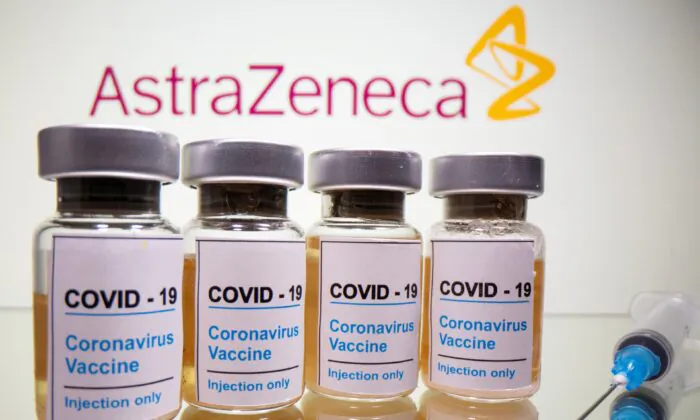Australia’s acting chief medical officer has warned COVID-19 public health measures will need to remain despite vaccines being rolled out.
Michael Kidd is tempering expectations that jabs will lead to life returning to pre-pandemic settings after the Pfizer vaccine was approved for use in Australia.
The two major unknowns are whether coronavirus vaccines prevent transmission of the virus and if booster shots will be needed each year, similar to the flu.
“That just reinforces for us how important it’s going to be—even though we might get the vaccine rolling out across Australia—that people still adhere to the public health measures,” Kidd told ABC radio on Jan. 26.
That means social distancing, hygiene measures and other rules, as well as international travel restrictions, are likely to remain throughout the year.
Australia has a deal for 10 million doses of the Pfizer vaccine, which recorded a 95 percent efficacy rate in late-stage trials.
Aged care and disability residents will be among the first to receive it with the program set to start in late February, two weeks after the first 80,000 doses are due to arrive.
Workers in quarantine, borders, frontline healthcare, and residential aged care and disability are also in the first phase.
The bulk of Australians are likely to receive the AstraZeneca jab, which has a lower efficacy rate of around 70 percent.
Kidd rejected concerns about a two-tiered immunisation program, insisting both would stop the disease from killing people.
“What we know from the clinical trials is that both of the vaccines are very effective at preventing serious disease and of course the risk of death from COVID-19,” he said.
“That is the most important issue.”
The government is confident of strong vaccination rates based on consumer research.
“We’re going to have very high levels of uptake of this vaccine across the country,” Kidd said.
Quarantine-free travel from New Zealand has been suspended for 72 hours after a woman tested positive for a highly contagious virus strain found in South Africa.
The 56-year-old visited around 30 venues after being released from hotel quarantine on January 13 following two negative tests.
Health Minister Greg Hunt said there was no criticism of the woman or New Zealand’s approach to the virus.
“The decision has been taken out of an abundance of caution to reduce the risk of this variant, which has been shown to spread more readily between individuals, entering the Australian community,” he said.
Matt Coughlan in Canberra









